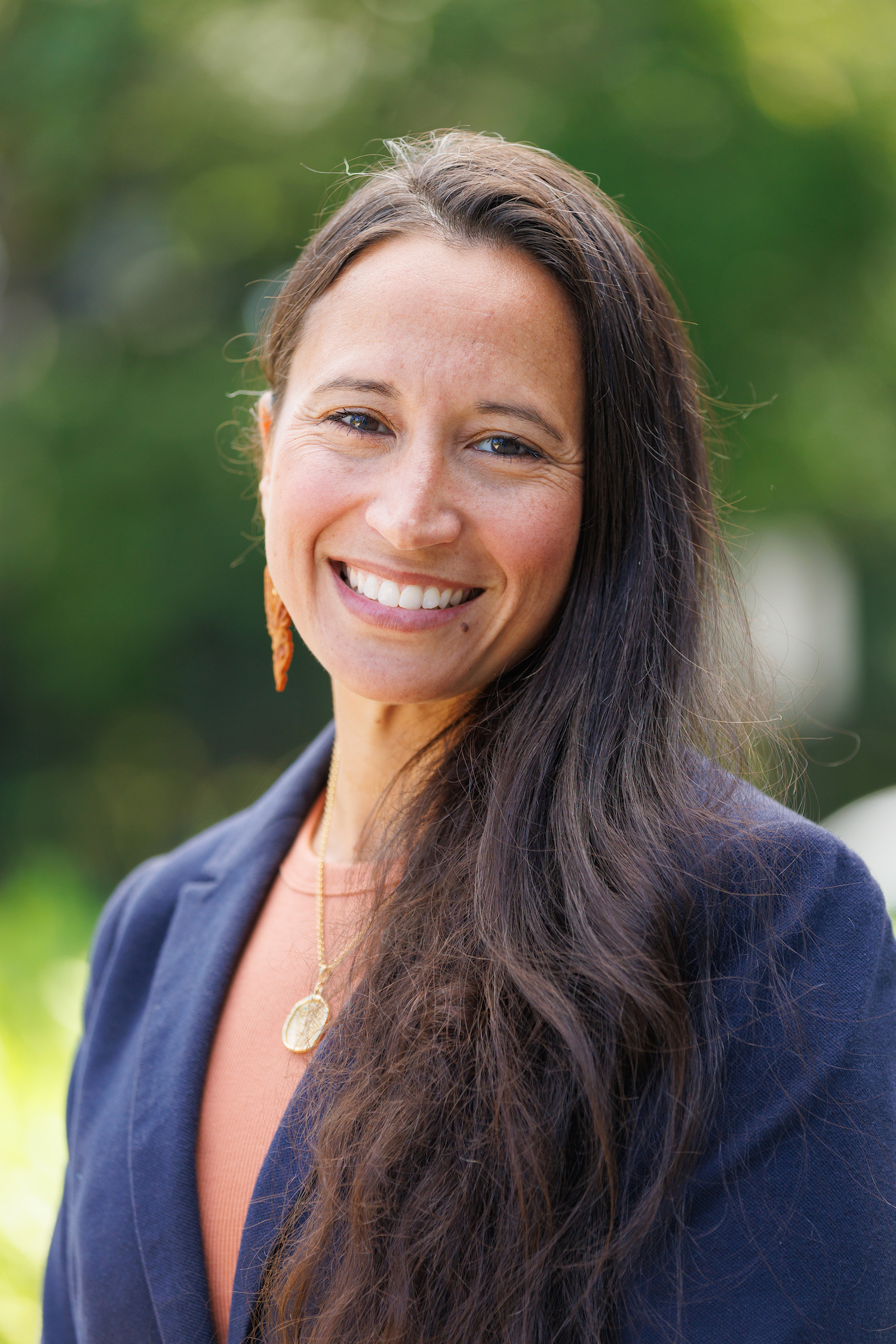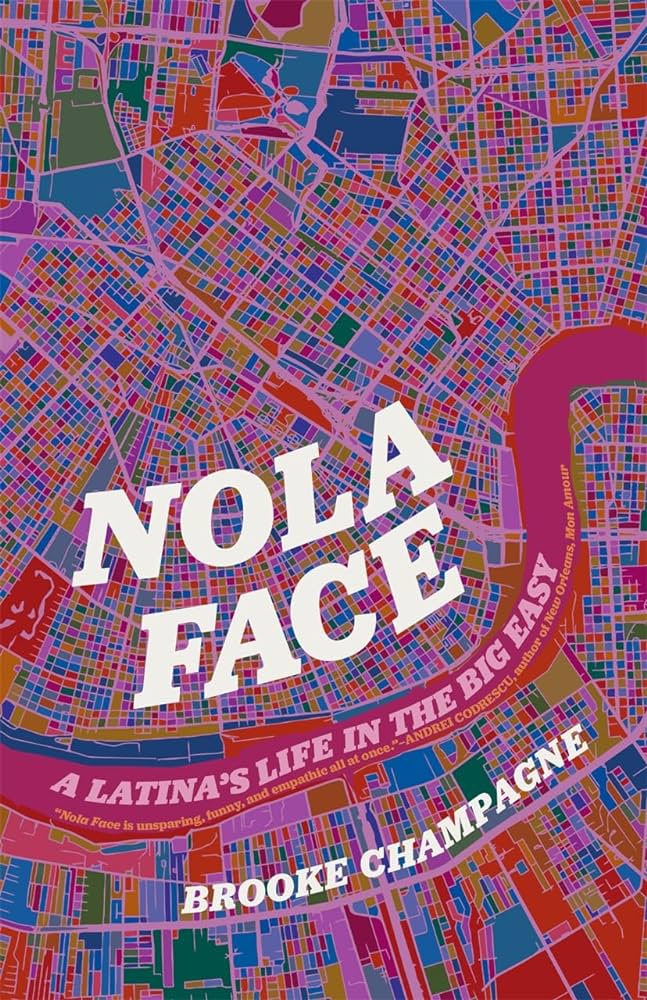Brooke Champagne

Brooke Champagne is an essayist and native New Orleanian. Her work has been selected as Notable in several editions of the Best American Essays anthology series and she is the recipient of the 2023-2024 Alabama State Council on the Arts Literary Fellowship in Prose. She lives with her husband and children in Tuscaloosa, Alabama, where she is Assistant Professor of Creative Writing in the MFA Program at the University of Alabama.
Schedule
10:15 am to 11:15 am
State Capitol, Senate Committee Room F
Perspectives on Society: Memoirs
with Brooke Champagne, Ellen Ann Fentress, Hannah S. Palmer, and moderator David Johnson
11:30 am to 12:15 pm
Cavalier House Books Tent
Book Signing

NOLA Face: A Latina's Life in the Big Easy